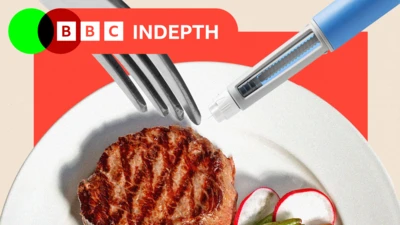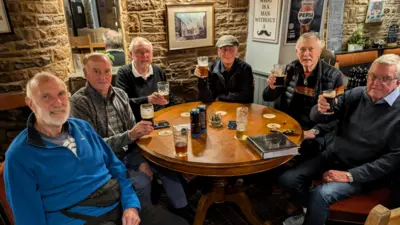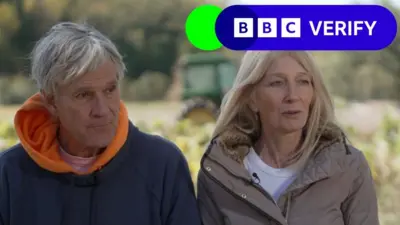We've updated our Privacy and Cookies Policy
We've made some important changes to our Privacy and Cookies Policy and we want you to know what this means for you and your data.
Drug-drivers targeted in festive drink-drive campaign
Police Scotland has launched its annual campaign against drink-driving - with drug-drivers also being targeted.
The campaign is the first since new roadside drug-detection kits were introduced on 21 October.
The DrugWipe kits - dubbed drugalysers - check for cannabis and cocaine as well as six other substances.
Justice Secretary Humza Yousaf has warned there will be a "zero-tolerance" approach to drivers found with drugs in their system.
Launching the festive campaign, Mr Yousaf said: "The drug-driving law and Scotland's low driver-alcohol limit are focused on making our roads safer for everyone.
"We've got to keep hammering the message home. If you have had a tipple, a drop, a little bit to drink, do not take the risk because you are going to be endangering yourself and other road users.
"The message is unequivocal. If you get pulled over, you are going to get tested for drink and drugs. And if you are found to have traces of either, there will be some really serious consequences."
More than 100 drivers have tested positive since the DrugWipe kits were introduced.
Police Scotland's deputy head of road policing, Supt Louise Blakelock, said she hoped the latest campaign would remind people of "the devastating consequences driving with alcohol or drugs in their system can have".
Supt Blakelock said: "We've always had the power to deal with drug-driving but we've now got better powers with the ability to do a roadside test.
"Since we launched the drug-driving testing at the end of October, we have had 105 positive tests. That's quite a significant number already.
"We don't know how many people out there are taking drugs and driving, but with this new roadside testing we've got the ability to detect far more people."
Top Stories
More to explore
Most read
Content is not available








